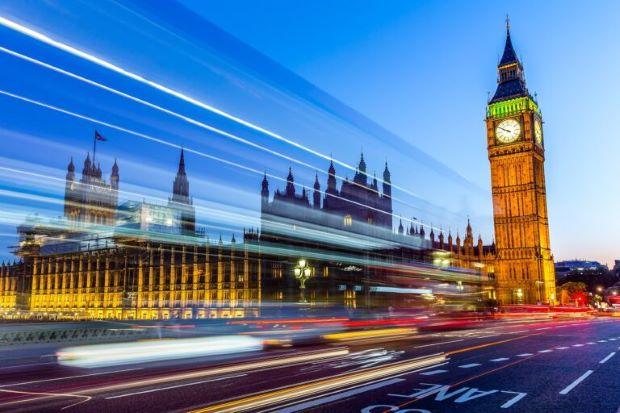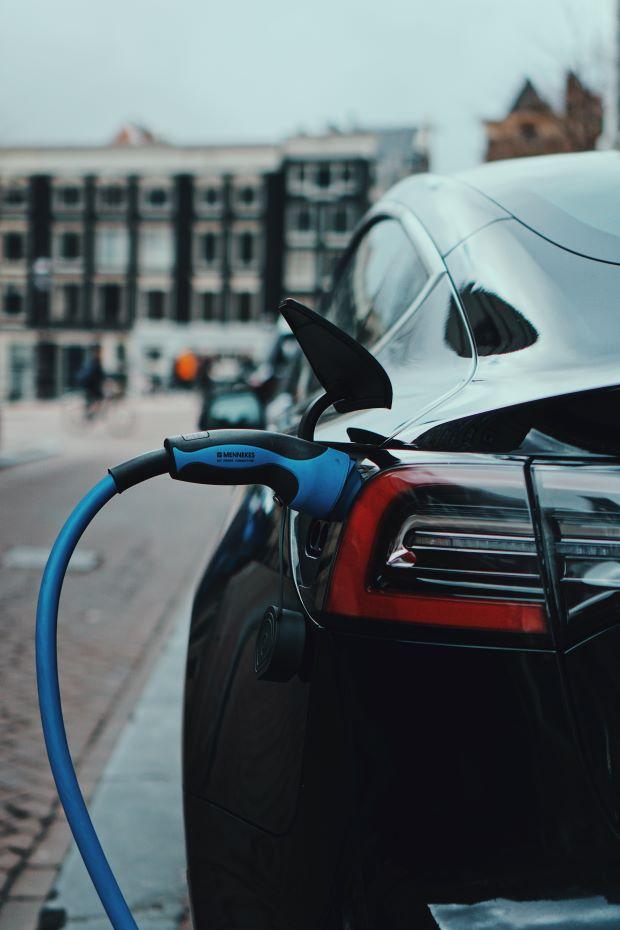There needs to be vast investment in electric vehicle infrastructure and a renewed push for zero emission transport by the government if it’s to meet its pledge on the Green Transport Deal.
The authors of a new report say that while 2050 may seem distant, without an immediate step-change in implementation the UK will miss its 2030 target to reduce greenhouse gas emissions by 68% and be off track for the mid-century goal of net zero. The expected term of the next government will take us most of the way to 2030 and the new government must move quickly to step up to the delivery challenge.

Prof Christian Brand, Professor of Transport, Energy and Climate Change at the Environmental Change Institute and Transport Studies Unit shares his view as one of the experts who has contributed to the UK Energy Research Centre’s (UKERC) Review of Energy Policy 2023.
The UKERC is this year focusing on the priorities the next government needs to address in the first 100 days of office, looking specifically at gas, local energy, electricity markets, heat, transport, industry and the environment.
Prof Christian Brand is one of two authors who have contributed the chapter on Transport and says prioritising investment in electric vehicle (EV) infrastructure needs to be one of the main aims of our next government.
He said: “The UK’s road to zero has a lot of potholes in the transport sector. This UKERC report argues that we need a renewed push for zero emission public, shared and active transport that prioritises affordability and accessibility, along with a carefully designed scrappage scheme to get the most polluting vehicles off the road.
“And to meet the short term targets, any new government must tackle the unreliable coverage of EV infrastructure and ban the sale of inefficient plug-in hybrid electric vehicles by 2030, with consistent decarbonisation measures locked in through a new Green Transport Deal.”

The UKERC said: “Although the first 100 days of any new government are challenging, early performance can be a critical benchmark for new leaders, as such we have drawn on our current research programme to highlight key areas of action and priority in the energy sector.”
In the review the UKERC looks back at a year that began with the dissolution of the Department of Business Energy and Industrial Strategy and the formation of the Department of Energy Security and Net Zero (DESNZ), thus cementing a renewed focus by the Government on the security dimensions of energy policy.
The authors add that much of the required action involves the delivery of new and expanded infrastructure to generate, deliver and make use of renewable energy and other low-carbon energy sources. This infrastructure can take years to develop, involves billions of pounds of investment but will also help create jobs and economic benefits.
Among the review’s most urgent recommendations are:
- Rapid investment in electricity networks
- Unlock the power of local energy
- Look beyond the focus on security of gas supply to security demand
- Prioritise bold, well-articulated policy around heating
- Electric vehicle uptake will not be enough
- Broadening the scope of industry decarbonisation
- Linking environmental protection and energy generation
UKERC is an independent research centre, with researchers based in 20 different institutions throughout the UK.
Read the UKERC Review of Energy Policy 2023 in full.

